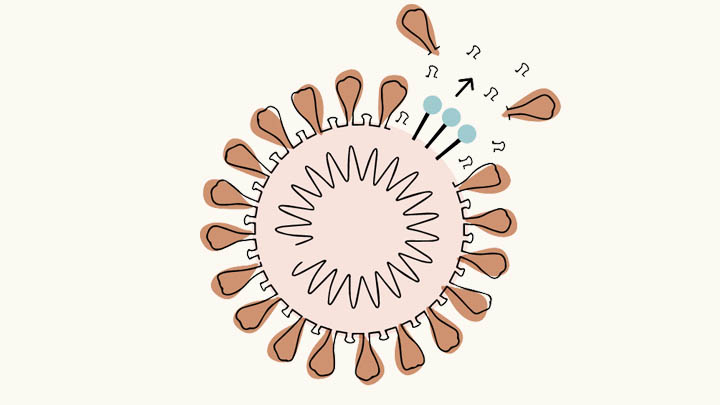5 COVID-19 Myths That Have Been Proven Wrong by Scientists
November 23, 2020

You’ve been hearing it from health organizations everywhere—washing your hands is the best way to eliminate dirt, bacteria, and viruses like the dreaded coronavirus.
But can it really be that soap—this humble, ancient cleaning product—is our most powerful weapon against the virulent pathogen that is gripping the world? How exactly does soap work, and why is it so effective at destroying the coronavirus? The New York Times has broken it down to simple terms. Here’s how it works.
The coronavirus is a “dead” combination of proteins and genetic material (scientists are still at odds as to whether a virus can be categorized as a living being). On its own, it is unable to enter human cells. But it wears a “jacket” made of a lipid bilayer (two layers of fat cells), which our human cells can “connect to” via receptors. These “jackets” have protein “spikes” that look like a crown, hence the name coronavirus. This “spiky jacket” is what allows the virus to penetrate your cells. Now, the virus can use your cells’ machinery to produce copies of themselves…and overrun your immune system.
Soap molecules are shaped like pins, much like the ones you use to attach sheets of paper to a bulletin board. The “head” of the pin is hydrophilic (easily bonds with water), while the “tail” is hydrophobic (avoids water, and bonds with oils and fats).

The tails of soap molecules (which, as we mentioned, bond to fat) penetrate the virus’ lipid bilayer (which is made of fat). They essentially act like sharp scissors and “tear up” the spiky jacket that the coronavirus uses to enter your cells.

Now that the virus has been broken down into fragments, soap molecules trap these fragments in tiny bubbles (micelles), preventing them from sticking to surfaces like the sink or your hands. Now utterly destroyed, the virus and all its accompanying microorganisms go down the drain.
Washing hands may seem like a banal, repetitive task, but it’s your best weapon against the scourge that is COVID-19. Just because you’re working from home now doesn’t mean you don’t expose yourself to the virus. Touching your doorknob after heading out for a grocery run, forgetting to disinfect your phone and wallet, and other habits can still expose you to the virus in your very own home.
Save your family—and the world—by practicing proper hand hygiene. As the New York Times so profoundly states, the power to keep yourself safe is literally in your hands.
Most Popular
Belo Beautiful Stories: Coach Hazel Benipayo and the Rhinoplasty Glow-Up That Changed Her Life